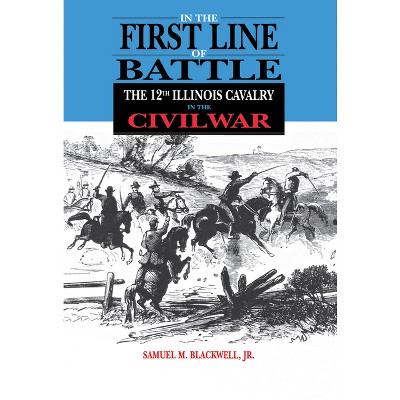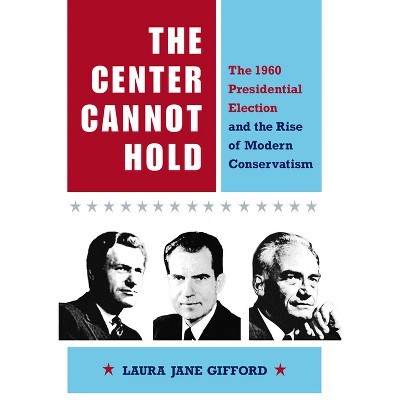The New Woman of Color - by Fannie Barrier Williams (Hardcover)

About this item
Highlights
- Fannie Barrier Williams made history as a controversial African American reformer in an era fraught with racial discrimination and injustice.
- About the Author: Mary Jo Deegan is Professor of Sociology and Women's Studies at the University of Nebraska, Lincoln.
- 222 Pages
- History, United States
Description
About the Book
Fannie Barrier Williams made history as a controversial African American reformer in an era fraught with racial discrimination and injustice. She first came to prominence during the 1893 Columbian Exposition, where her powerful arguments for African American women's rights launched her career as a nationally renowned writer and orator. In her speeches, essays, and articles, Williams incorporated the ideas of Booker T. Washington and W.E.B. DuBois to create an interracial worldview dedicated to social equality and cultural harmony.
Williams's writings illuminate the difficulties of African American women in the Progressive Era. She frankly denounced white men's sexual and economic victimization of black women and condemned the complicity of religious and political leaders in the immorality of segregation. Citing the discrimination that crushed the spirits of African American women, Williams called for educational and professional progress for African Americans through the transformation of white society. Committed to aiding and educating Chicago's urban poor, Williams played a central and continuous role in the development of the Frederick Douglass Center, which she called "the black Hull House." An active member of the NAACP and the National Urban League, she fought a long and successful battle to become the first African American admitted to the influential Chicago Women's Club. Her efforts to promote the well-being of African American women brought her into close contact with such influential women as Celia Parker Woolley, Jane Addams, Susan B. Anthony, and Ida B. Wells-Barnett. Accompanied by Deegan's introduction and detailed annotations, Williams's perceptive writings on race relations, women's rights, economic justice, and the role of African American women are as fresh and fascinating today as when they were written.Book Synopsis
Fannie Barrier Williams made history as a controversial African American reformer in an era fraught with racial discrimination and injustice. She first came to prominence during the 1893 Columbian Exposition, where her powerful arguments for African American women's rights launched her career as a nationally renowned writer and orator. In her speeches, essays, and articles, Williams incorporated the ideas of Booker T. Washington and W.E.B. DuBois to create an interracial worldview dedicated to social equality and cultural harmony.
Williams's writings illuminate the difficulties of African American women in the Progressive Era. She frankly denounced white men's sexual and economic victimization of black women and condemned the complicity of religious and political leaders in the immorality of segregation. Citing the discrimination that crushed the spirits of African American women, Williams called for educational and professional progress for African Americans through the transformation of white society.
Committed to aiding and educating Chicago's urban poor, Williams played a central and continuous role in the development of the Frederick Douglass Center, which she called "the black Hull House." An active member of the NAACP and the National Urban League, she fought a long and successful battle to become the first African American admitted to the influential Chicago Women's Club. Her efforts to promote the well-being of African American women brought her into close contact with such influential women as Celia Parker Woolley, Jane Addams, Susan B. Anthony, and Ida B. Wells-Barnett.
Accompanied by Deegan's introduction and detailed annotations, Williams's perceptive writings on race relations, women's rights, economic justice, and the role of African American women are as fresh and fascinating today as when they were written.
Review Quotes
"A unique and important contribution to African American and women's history.... Highly recommended."--Evelyn Brooks Higginbotham, Harvard University
"Deegan has provided a valuable service in collecting Williams's essays on race, gender, and civic engagement in Progressive America."--Journal of Illinois History
About the Author
Mary Jo Deegan is Professor of Sociology and Women's Studies at the University of Nebraska, Lincoln. She is author of Jane Addams and the Men of the Chicago School, 1892-1918 and has written numerous articles on sociology, women's history, and Chicago race relations.











